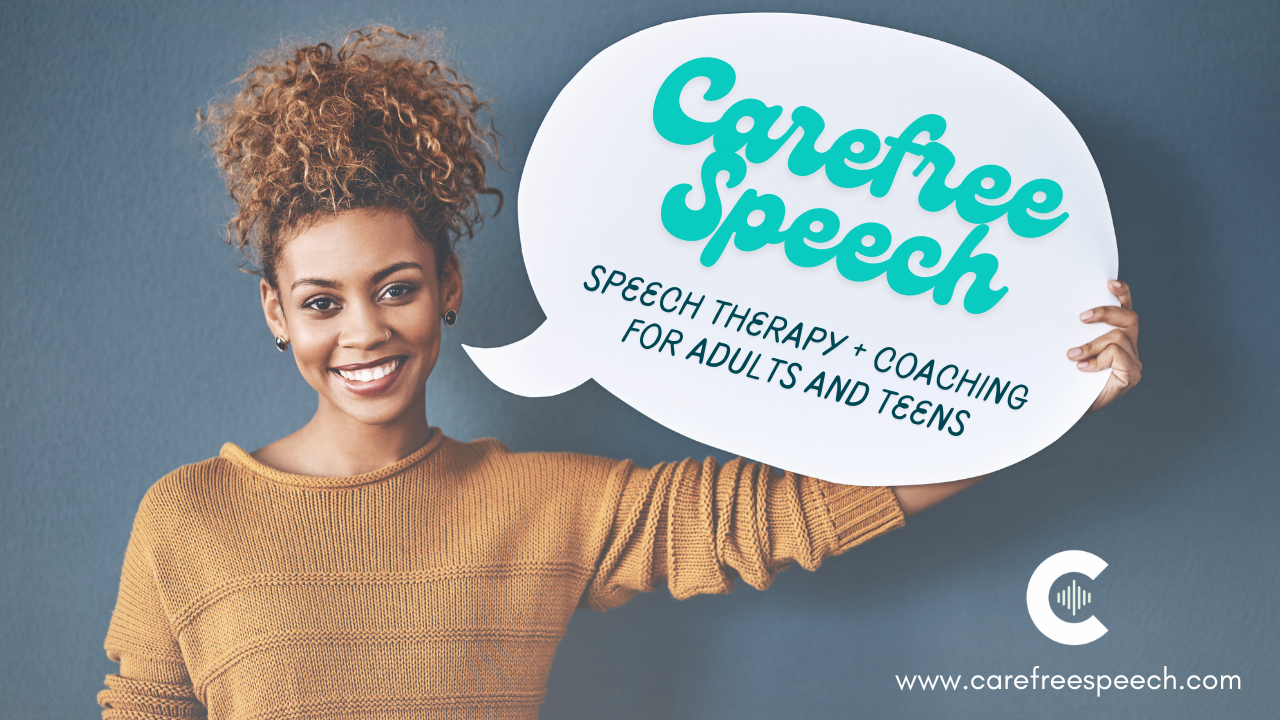4 Easy, Holistic Ways To Optimize Brain Health For People With ADHD
Did you know that lifestyle factors play a crucial role in supporting brain function for those of us with ADHD? By prioritizing holistic well-being, individuals with ADHD can improve clarity, emotional regulation, and sustained focus and attention. Keep reading to learn how focusing on sleep, nutrition, physical activity, and stress management can help optimize brain health for ADHD.
1. Sleep: The Ultimate Brain Reset
Low-quality sleep is a recipe for executive function disaster. Poor sleep intensifies ADHD symptoms, making it harder to regulate emotions, sustain attention, and manage impulsivity. It even affects the ability for the brain to encode and consolidate information into short- and long-term memory! Prioritizing high-quality sleep can help the brain reset and function more efficiently.
Strategies for Better Sleep:
Stick to a consistent sleep schedule (yes, even on weekends!)
Create a calming bedtime routine to cue the brain to wind down
Reduce blue light exposure at least an hour before bed (that means no scrolling social media while in bed!)
Consider white noise, orange or red lightbulbs, or weighted blankets to support relaxation
For more insights on the importance of sleep for cognitive well-being, see this article from the American Psychiatric Association.
2. Nutrition: Fueling Focus and Energy
What we eat directly impacts neurotransmitter function, energy levels, and emotional/mood regulation. ADHD brains thrive on steady blood sugar levels and nutrient-dense foods that support dopamine regulation.
Brain-Boosting Nutrition Tips:
Prioritize protein and healthy fats to stabilize energy.
Include omega-3 fatty acids (found in fish, flaxseeds, and walnuts) to support cognitive function.
Reduce processed sugar and refined carbohydrates to avoid energy crashes.
Stay hydrated—dehydration can exacerbate (or even mimic) ADHD symptoms like fatigue and brain fog.
For a deeper understanding of how nutrition affects ADHD symptoms, refer to this article from ADDitude Magazine.
Two women laugh while eating a healthy meal together.
3. Physical Activity: Movement as Medicine
The importance of physical activity is well-documented in research about ADHD and executive dysfunction. Exercise is a natural dopamine booster, which is key for motivation, focus, and mood regulation. Regular movement can improve working memory, reduce impulsivity, and enhance overall cognitive performance.
Ways to Incorporate Movement:
Engage in activities that are enjoyable (dancing, hiking, swimming, etc.).
Use movement breaks to reset attention (e.g., a quick walk or stretch between tasks).
Try strength training or yoga to improve body awareness and stress resilience.
Consider fidget-friendly tools, like resistance bands or balance balls, during work or study sessions.
Consider incorporating movement during non-preferred tasks, such as using a walking pad while working on paperwork.
4. Stress Management: Calming the ADHD Nervous System
ADHD brains are often in overdrive, making stress management essential. Chronic stress depletes executive function and increases emotional dysregulation. Finding ways to engage the parasympathetic nervous system (the body’s “rest and digest” mode) is key.
Stress-Reduction Techniques:
Practice mindfulness or meditation to enhance focus and self-regulation.
Use deep breathing exercises (such as 4-7-8 or box breathing) to manage feelings of overwhelm.
Spend time in nature to reset the nervous system (shifting from a fight-flight-freeze response).
Set realistic goals, break down tasks, and schedule self-care time to prevent burnout.
Two senior adults smile while practicing yoga stretches in the grass in front of a house.
Bringing It All Together
Small, sustainable changes in sleep, nutrition, physical activity, and stress management can make a significant impact on ADHD symptoms. It’s about creating an environment that supports the brain’s unique needs, fostering improved focus, resilience, and well-being.
If you're looking for personalized support in optimizing your communication, executive function, or confidence in professional and social settings, Carefree Speech, LLC offers coaching tailored to neurodivergent adults and teens. Let’s work together to create a lifestyle that works for your brain!
Woman in a yellow sweater smiling holding a speech bubble that says: “Carefree Speech: Speech Therapy + Coaching for Adults and Teens”
💡 Want to learn more? Contact me here: info@carefreespeech.com




